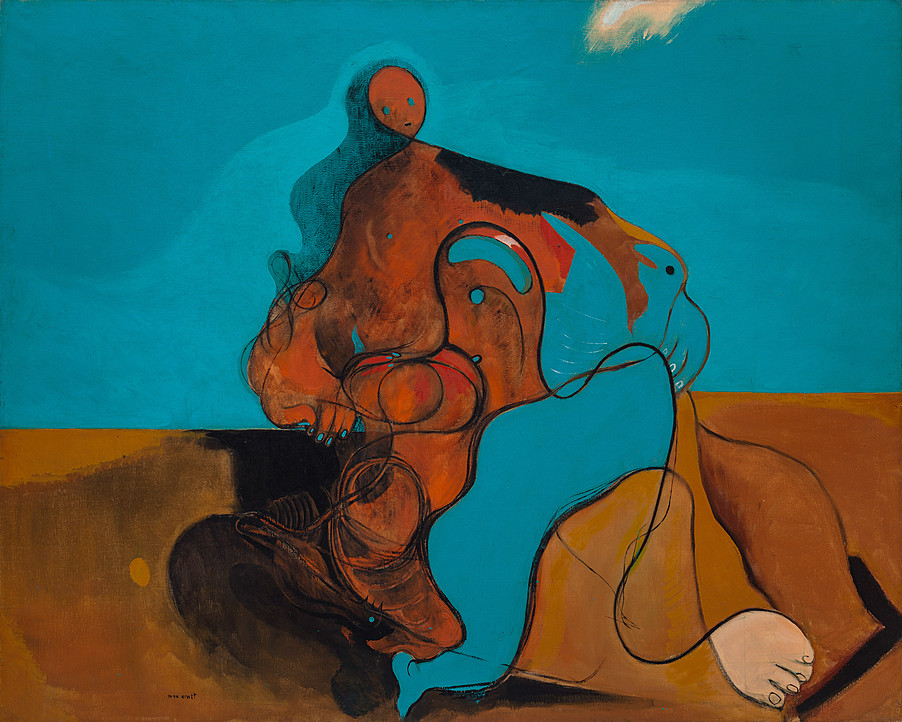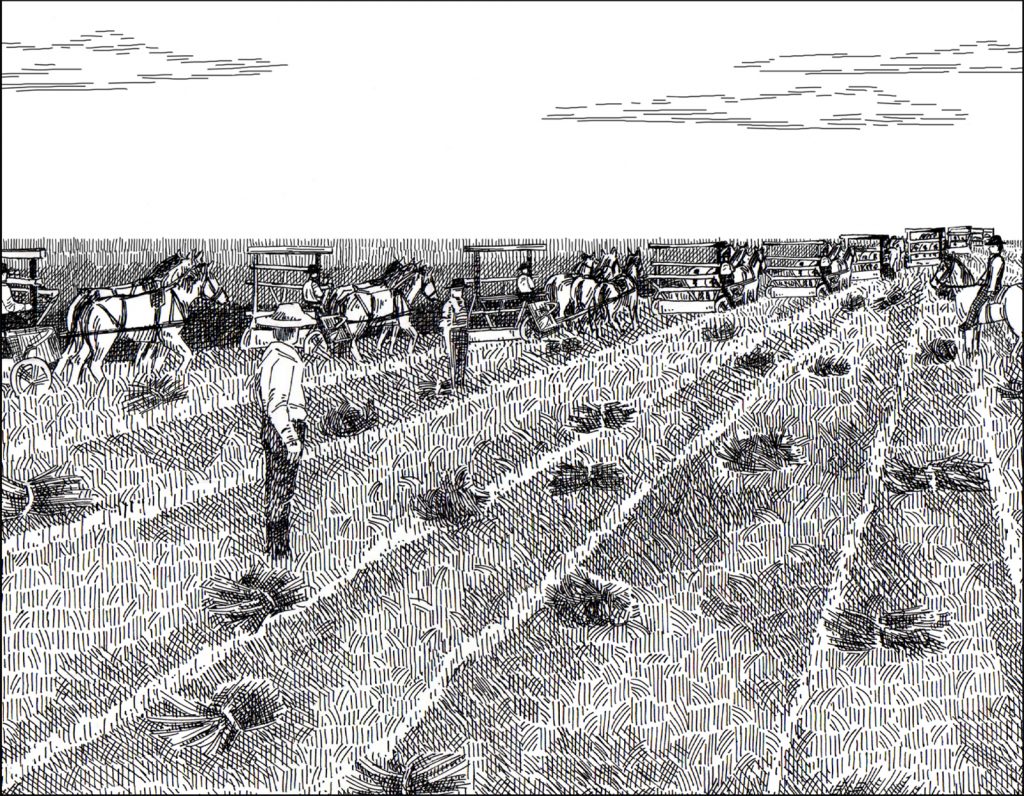Fiction by Beth Aviv excerpted from our Spring 2017 issue.
I am reading about my ex-boyfriend in my friend’s story. In it, he and she are lovers who meet in hotels whenever and wherever. His blue eyes are what give the fiction away. My friend describes how she loves to gaze into Dean’s eyes (Dean is the name she gave him) and how they are like a lake so blue and clear you can see to the sandy bottom where light shimmers. I want to stay with them in this fiction and yet, I am repelled. I am a voyeur seeing my ex-boyfriend in the arms of another woman who cherishes and loves him and looks forward to seeing him. I don’t want to be with them as they make love with such relish. Yet, I can’t look away.
My ex-boyfriend and I were together when we were very young; we were once engaged, and we’ve been friends since our break-up over forty years ago. Nonetheless, I’m surprised how stricken I am that my friend found a kind of love with him that I didn’t. There was a time I thought I was in love. We were in college. We studied together in the library. We bought Mateus wine and drank it in jelly jars. We slept together in dorm rooms — I in my pink negligee through which my nipples rose like buds, pushing through the fine fabric toward his gentle fingers, begging to be taken into his mouth; he in his white jockeys grayed from washings with his jeans. We lay in his single bed on Saturday mornings watching a new children’s program called Sesame Street and arguing about which side we’d be on when the revolution came. My parents were then Republicans who voted for Nixon, and I didn’t want to be at war with them.
After college, after I moved to New York to live with him and to teach adolescents who couldn’t read while he got his Ph.D. in German literature, I wondered what I was doing in this relationship. I wasn’t in love. I didn’t want to make love. I didn’t wanted to get married, but I wanted to live with him to not live with my parents. And so we told my parents we were engaged and he took a diamond that was my grandmother’s and had a ring made in gold that looked like someone had chewed it and molded it around my finger. Oh, I was proud of that ring — and when we rode the graffitied subway, I turned the diamond to the inside of my palm so no one would want to steal it from my finger. The wedding was planned and I couldn’t figure out a way to call it off without disappointing Dean and my parents, and at the time, that was more important: bringing nachus to my parents and happiness to Dean rather than doing what I really wanted, which was to just live together and not get married.
To continue reading “My Friend and My Ex or The Power of Fiction,” purchase MQR 56:2 for $7, or consider a one-year subscription for $25.
Image: Ernst, Max. “The Kiss (Le baiser).” 1927. Oil on canvas. The Solomon R. Guggenheim Foundation Peggy Guggenheim Collection, Venice.




